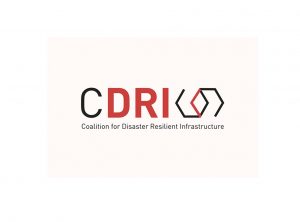Coalition For Disaster Resilient Infrastructure (CDRI):

The Union Cabinet approves categorizing the Coalition for Disaster Resilient Infrastructure (CDRI) as an “International Organization”.
- It also approved the signing of the Headquarters Agreement further granting it the exemptions, immunities, and privileges contemplated by the United Nations (Privileges and Immunities) Act, 1947, which means that member’s property and assets wherever located and by whomsoever held, shall enjoy immunity from every form of legal process except in any particular case it has expressly waived its immunity.
- CDRI is a global partnership of national governments, United Nations agencies and programmes, multilateral development banks and financing mechanisms, the private sector, and academic and research institutions.
- It aims to increase the resilience of infrastructure systems to climate and disaster risks, thereby ensuring sustainable development.
- It was launched in 2019, at the United Nations Climate Action Summit in New York.
- It is the Government of India’s second major global initiative after the International Solar Alliance, and it demonstrates India’s leadership in climate change and disaster resilience issues.
- Since its inception, 31 countries, 6 international organisations and 2 private sector organisations have joined CDRI as members.
- 6 International Organisations: Asian Development Bank (ADB), World Bank Group, United Nations Development Programme (UNDP), United Nations Office for Disaster Risk Reduction (UNDRR), European Union, European Investment Bank.
- 2 Private Sector Organisations: The Private Sector Alliance for Disaster Resilient Societies and Coalition for Climate Resilient Investment.
- CDRI has steadily increased its membership by attracting a diverse range of economically advanced, developing, and vulnerable countries to climate change and disasters.




